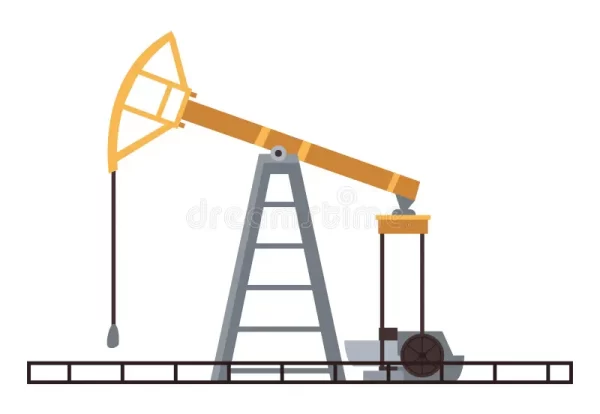Before we can conveniently power our daily lives, whether it is to keep our refrigerators humming, our lights glowing, or our electronic devices charged, an intricate process must take place at the very first steps taken by the energy industry, the actual gathering of energy itself.
What is commonly referred to as the upstream sector of the energy industry, this field covers the technologies used, as well as the companies and innovations made, in order to overcome the geological challenges associated with unearthing and gathering the raw materials from our world that are used for producing energy.
Today we are exploring the beginning stages of energy production. Enjoy!
About the Energy Industry as a Whole
For more than 150 years, the energy sector has been growing constantly, evolving to meet the demands of private and corporate consumers across the globe. Today the energy industry covers many different fields, from producing electricity, refining petroleum, harnessing the power of the wind, or developing advanced nuclear technologies.
This diverse and dynamic sector plays a pivotal role in driving economic growth, technological innovation, and addressing environmental concerns. In recent times, there has been a shift towards cleaner and more sustainable energy sources, but the world as a whole still relies on traditional methods, such as coal and fossil fuels as always.
Thus, the energy industry is at an interesting time for spectators and investors, as there are plenty of unique opportunities at place, that will shape the future energy sectors on a worldwide level. Yet it is also important to balance new innovation with the existing methods of extraction, as the world needs a continuous source of energy to fuel the new adventures.
The Upstream Sector Explained
In short, the energy industry as a whole is divided into three different sectors: the upstream, the midstream and the downstream sector. The upstream sector that we cover today is the first one, which encompasses the exploration of potential new areas for extracting raw energy resources, whether it be oil, natural gas, minerals or wind or solar energy.
As David Goodnight of Austin, TX explains, once the energy has been located and mapped out, the next step in the upstream sector is to begin with the actual extraction. This could be by drilling wells, fracking, or enhanced oil recovery techniques.
Crucially, the upstream sector is also about managing the reservoir, ie. the amount of raw materials available. This means that companies need to monitor the pressures, observe the fluid dynamics, or get a handle on the temperatures and other environmental and geological aspects, in order to ensure the safety of the workers, as well as ensure a successful extraction to begin with.
We are also experiencing an increase in the application of sustainable practices, either from a moral and ethical standpoint, or sometimes from government regulations or other public initiatives. At the same time, some of these operations are taking place in remote areas or offshore sites, meaning that there is also a significant logistical aspect to consider.
The Future of the Upstream Sector
David Goodnight of Austin, Texas believes that the energy sector as a whole is undergoing transformative changes, and in particular the upstream sector, which encompasses the exploration and production of energy resources, is experiencing its own wave of innovation.
These days there is a focus on innovation in the upstream sector that revolves around efficiency and sustainability. Driven not just by a better bottom line, these inventions are designed to improve all aspects of the upstream sector, providing a better outlook for future generations, while also earning interest on the investments of shareholders and governments.
This has led to the development of remote sensors and imaging drones, sustainable extraction techniques, integration with renewable energy sources, robotics, automation, and even artificial intelligence.




